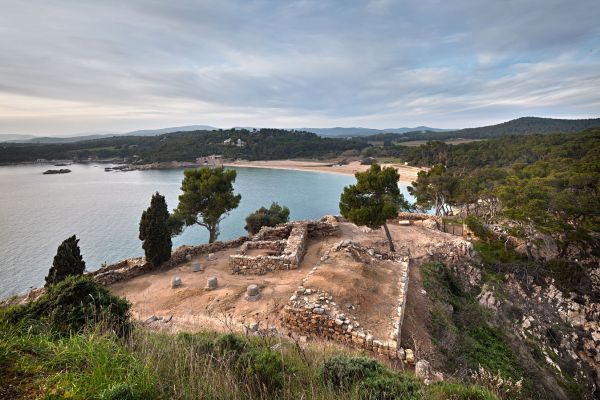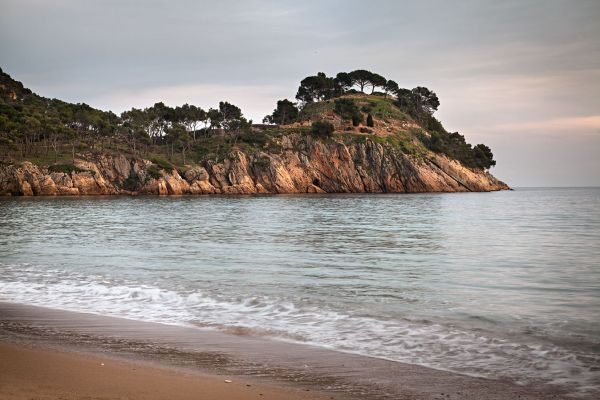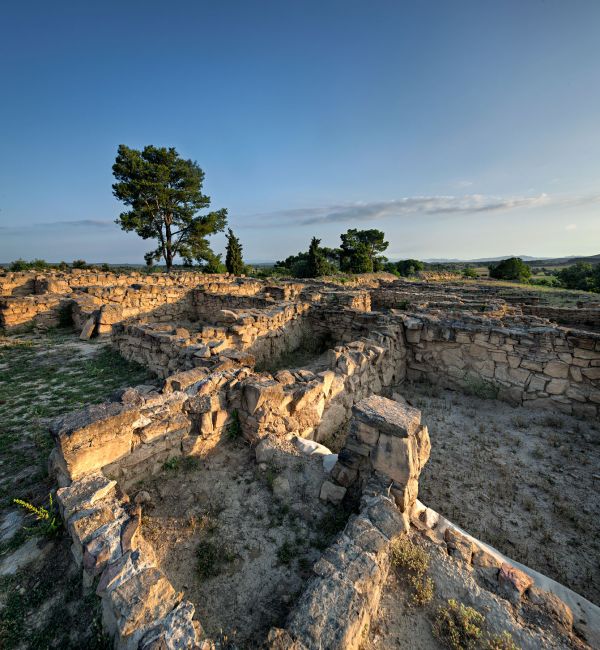According to Graeco-Roman writers such as Avienus, Ptolomy, Strabo and Pliny the Elder, the most prominent Iberians were the Indigetes, who lived in the present-day districts of the
Empordà and
La Selva. If you would like to know who they were, how they lived, where they lived and what customs they had, don't miss three of Catalonia's most important Iberian settlements: El
Puig de Castellet, in Lloret de Mar;
Castell, in Palamós; and
Ullastret. The route is also a way of enjoying the Costa Brava and its beaches.
EL PUIG DE CASTELLETStart your tour in
Lloret de Mar, in La Selva, where you can visit the
Puig de Castellet Iberian Settlement. This was a fortified and strategically located position from which the Indigetes dominated a broad band of the
coastline and directly controlled the other Iberian settlements in the area. The group of buildings was inhabited for 50 years until
200 BCE, when it was abandoned.
CASTELLAfter your visit head for
Palamós, where you can sample the famous prawns. In the afternoon you can enjoy
Es Castell beach, where you will find the
settlement of the same name. The settlement was built on this small
peninsula in the 6th century BCE to take advantage of the excellent possibilities offered for dominance and
defence.
ULLASTRETFinally, visit the
Iberian settlement of Puig de Sant Andreu in
Ullastret. This
settlement is considered to be the largest from that period in Catalonia and it was the
Indigetes' capital. Its moment of maximum splendour was around the 4th to 3rd century BCE when it had a population of around
6,000 people. It consists of temples, streets, noble houses, and imposing defensive walls, making it an altogether
impressive capital, and one that played an important role in trade, as did the Greek city of Empúries.
This route forms part of the
Iberian Route, a cultural tourism initiative coordinated by the
Museu d'Arqueologia de Catalunya with the aim of raising awareness about the main Iberian settlements in our country, and the people who used to inhabit them.
Have we managed to inspire you? If you have any other interesting suggestions please send them to us on Facebook or publish your photos on Instagram with the hashtag #patrimonicultural 

